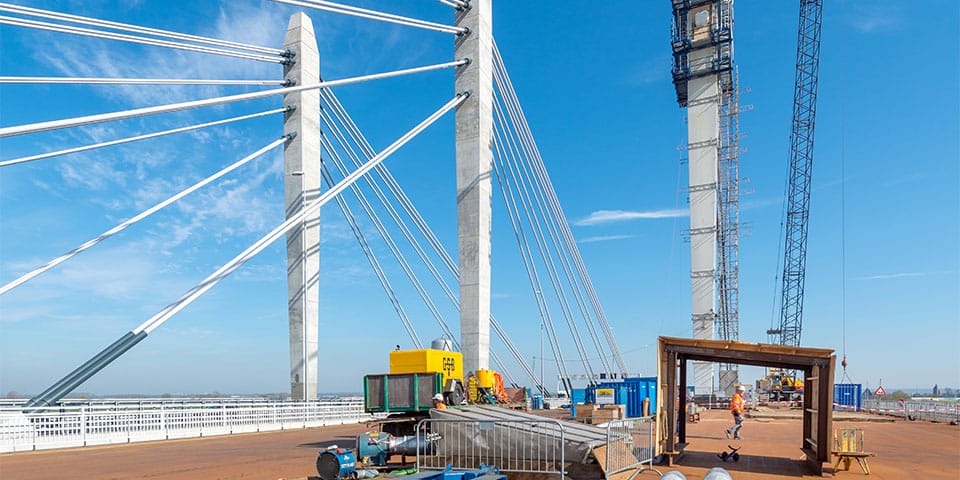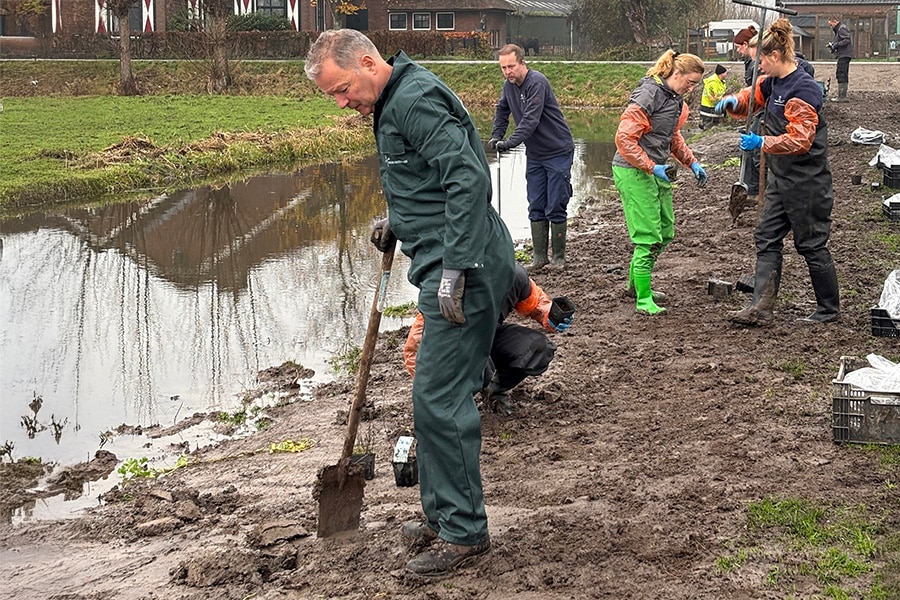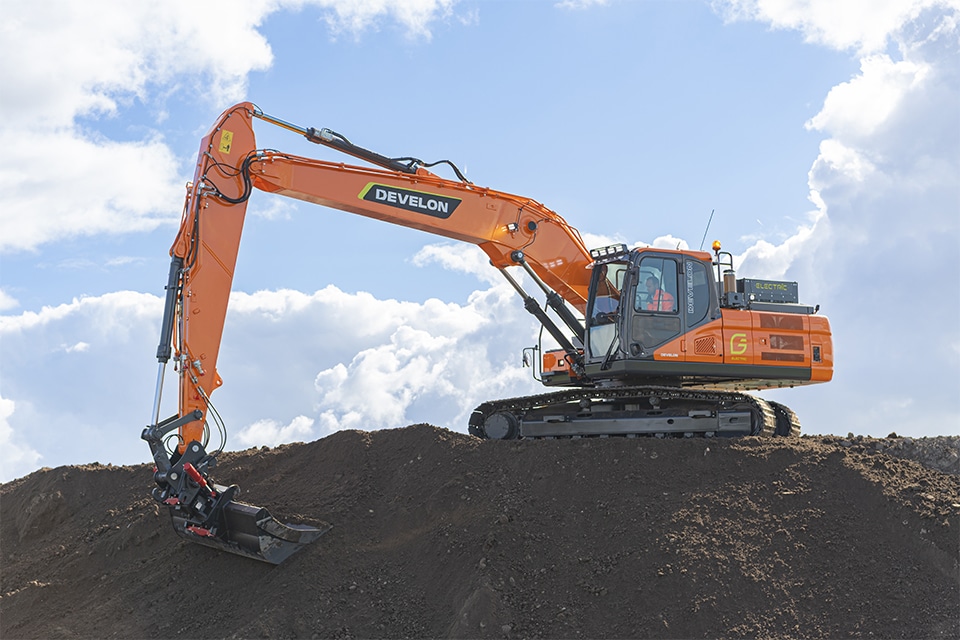
Fast Track binding advice: avoid lingering disputes!
Disputes during execution can seriously disrupt a construction process. This sours the relationship, the trust between the parties disappears and these disputes also disrupt good cooperation. Construct Advocaten regularly sees that these factors contribute to the creation of new conflicts. And that is how parties then go rolling over the work during execution. Many builders and clients will have experienced such a situation. Everyone agrees on one thing: "Never again." The Council of Arbitration for Construction has a procedure that can prevent these situations.
Need for clarity
Construction parties need clarity precisely during construction. For example, who is now contractually responsible for delays incurred? Is the design sound or not? The client and contractor can differ significantly on the answers to these questions. Especially if a dispute is (technically) complex and involves many relevant facts, with something to be said for both points of view.
a snowball that keeps rolling
If that clarity does not come quickly, it can put relations between parties on edge. Not infrequently, the parties then take steps that only add to the conflict. The client suspends payments, the contractor halts work, and before you know it, the contract is terminated. What may have started out relatively small has then become a seriously large dispute with ditto financial risks. In short, there is a lot to be said for nipping disputes in the bud right away. You have to plug the holes in the roof when it rains!

Disputes during execution can greatly disrupt a construction process.
Normal procedures inadequate
However, submitting a dispute to judges or arbitrators even during execution unfortunately does not always help parties. Proceedings in court or the Board of Arbitration often take too long. By the time judgment is rendered, the work is usually long completed. Interlocutory proceedings (can be conducted at either the court or the Council of Arbitration) may be an option. However, experience has shown that, due to the size and technical complexity, the submission of construction disputes in summary proceedings is not always a success. Often a judgment is rendered stating that further evidence or expert examination is required and that summary proceedings are not suitable for this purpose. The parties have then made no progress.
Fast Track binding opinion
The Board of Arbitration has recognized the importance of a quick binding decision during the performance of the work. It has therefore introduced the possibility of a Fast Track binding opinion. That procedure proceeds as follows. The parties may present their point of view (twice) in writing, with all relevant evidence, after which an oral hearing follows. The case is decided by one or three arbitrators with knowledge and experience in the field of the specific dispute. The entire procedure takes only seven weeks from start to decision. Moreover, the parties themselves can adjust the procedure to their own wishes in consultation, so there is maximum flexibility. The verdict is binding until delivery of the work.
Unknown makes unloved?
The advantages of such a Fast Track binding opinion are clear. It is a procedure with ample opportunity to explain positions and submit evidence and with a very quick decision by arbitrators who are experts in the field. How practical is it - to hear from arbitrators even while the work is still in progress - who is now partially or completely right? This quick decision gives the parties clarity for the duration of the work and prevents disputes from growing ever larger.
In short, so on paper a very welcome way to litigate. Yet this procedure is not yet widely used. This is unfortunate as far as we are concerned. Unknown makes unloved, we think. For the reader of this contribution, at least, this no longer applies. We think that for disputes in the GWW this procedure is a welcome alternative.
How then?
Should this Fast Track binding advice procedure have piqued your interest, it is important to note that you must agree on this method of dispute resolution. This can be done by explicitly including the Fast Track procedure in the contract. If this has not been done, then there is no man overboard. Parties can still agree on this afterwards. In short, if the parties are willing, nothing should stand in the way of settling disputes in this fast and practical way.




